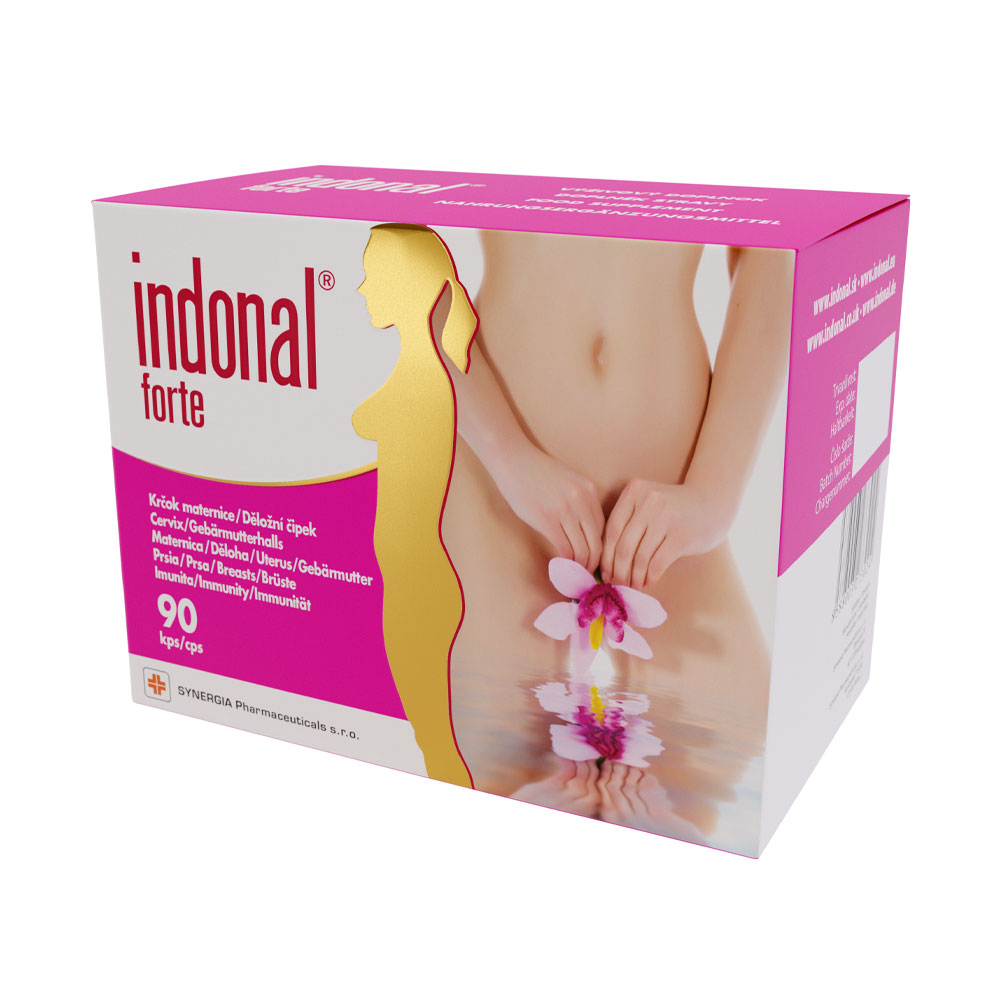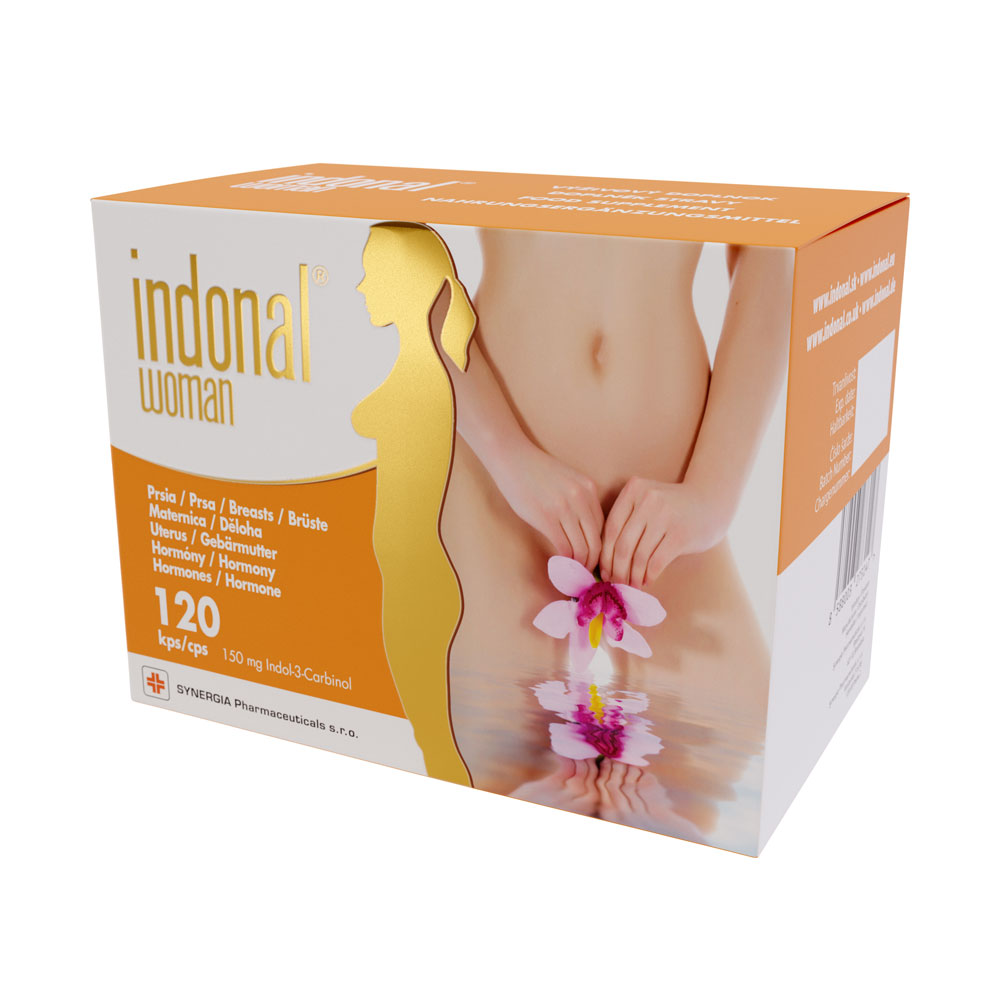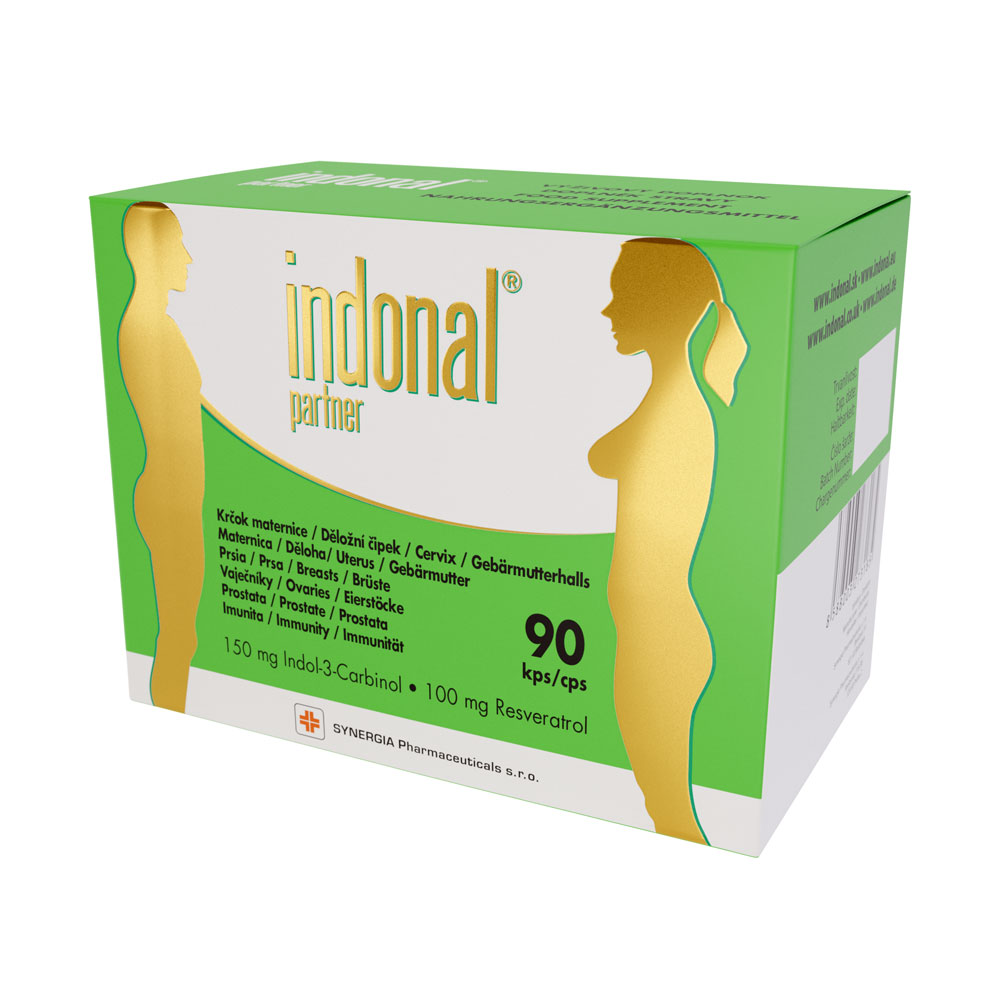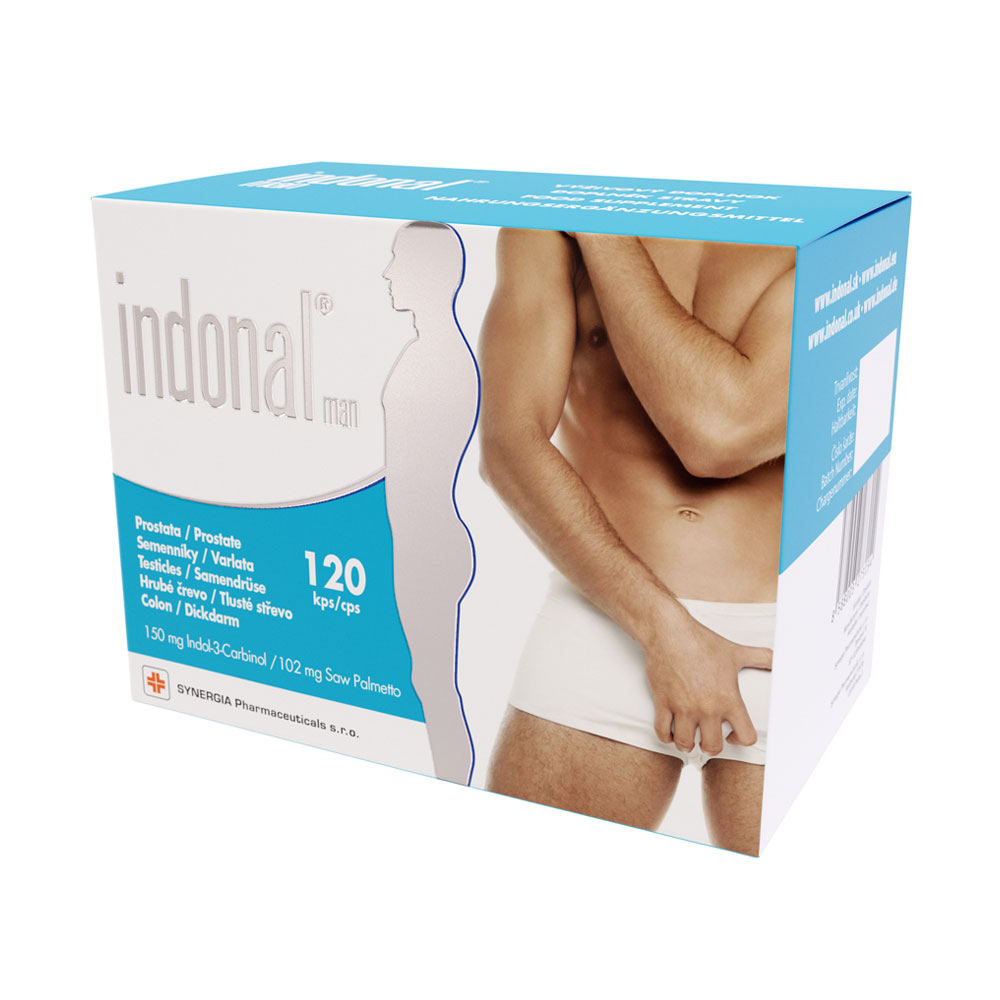Menopause (transition) is a natural period in the life of every woman when the function of the ovaries decreases. Menstrual bleeding diminishes and gradually disappears. A woman loses the ability to conceive after menopause. Menopause typically begins around the age of 45, sometimes later or earlier. Some women go through this period without much notice, but there are also those who are significantly troubled by the changes. They may face diseases that they had previously avoided, as well as symptoms that can impact their mental well-being. Doctors assume that these unpleasant symptoms are related to a deficiency of estrogen and progesterone.
Symptoms:
Hot flashes, nausea, irritability, insomnia, night sweats, mood swings, depression, headaches.
Treatment:
Upon the onset of the first unpleasant symptoms and regular menstrual cycle irregularities at this age, it is necessary to seek help from a gynecologist who will conduct thorough examinations and prescribe the appropriate treatment as needed. Synthetic treatment is based on hormone replacement in the form of pills. Women, if interested, can also turn to various food and natural hormones, such as soy, various cereals, and vegetables. Foods with boron or selenium content can increase estrogen levels, so including fruits and fish in the diet is essential. Women can bravely combat unpleasant symptoms through their diet. However, we cannot always influence menopause as a whole through diet.
So how to manage menopause without hormone therapy?
If women prefer not to use hormones for menopausal treatment, they can opt for natural supplements. An excellent natural supplement for managing the transition is Indonal Woman®, which contains 150 mg of the active substance I3C and natural extracts from broccoli and other cruciferous vegetables (cabbage, kale, cauliflower). Indole-3-carbinol can regulate current hormonal levels, ensuring that there is no excessive decrease, increase, or fluctuation in hormonal levels in the body. These effects are used to regulate irregular menstrual cycles and menstrual pain in young women and to suppress symptoms associated with menopause.
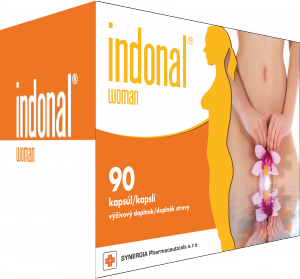
The menopausal period can be depressive and challenging for many women, but it is essential to realize that it is not the end but a new beginning. A time when women can finally focus on themselves and enjoy life to the fullest! “Regular gynecological examinations remain the best prevention,” concludes gynecologist MUDr. Ilona Hegerová.
Read more: www.indonal.co.uk.
photo: shutterstock.com






